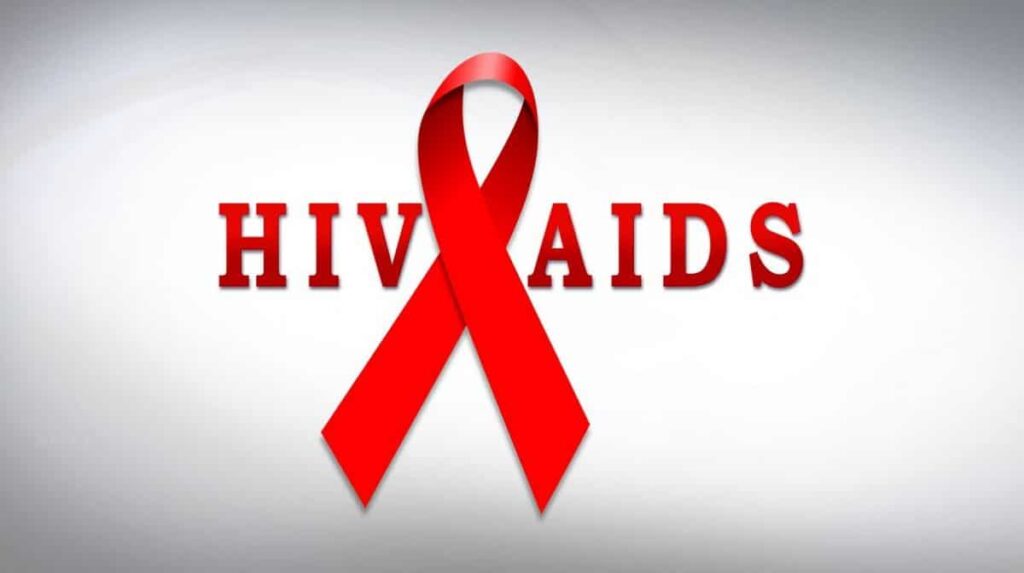The United States government is set to discontinue its longstanding HIV/AIDS treatment support in Nigeria and several other developing nations, as the President’s Emergency Plan for AIDS Relief (PEPFAR) faces a sweeping policy shift under the Trump administration.
Leaked documents obtained by The New York Times reveal that the U.S. is drafting plans to phase out PEPFAR funding, effectively ending direct provision of antiretroviral drugs and other services that have supported millions of lives across Africa for two decades.
The new approach would replace medical and service-based aid with a model that prioritizes “bilateral relationships” and public health strategies that align more closely with U.S. domestic interests.
These include early detection of global outbreaks that might threaten America and opening new markets for U.S.-produced pharmaceutical products and technologies.
Global health organisations involved in the programme have reportedly been instructed to begin preparing for the transition, with some countries expected to lose support in as little as two years.
The looming withdrawal has triggered widespread concern among health advocates and policymakers in Nigeria, where PEPFAR has been a critical lifeline in the fight against HIV.
Over the past 20 years, PEPFAR has helped to deliver life-saving drugs, fund testing initiatives, train health workers, and strengthen infrastructure.
“This is a potential public health disaster,” said a health policy expert in Abuja who spoke on condition of anonymity.
“We are talking about hundreds of thousands of Nigerians who may no longer have access to antiretroviral drugs unless the government immediately ramps up local funding.”
In a related development, the Federal Executive Council (FEC) recently approved a ₦4.8 billion budget for HIV treatment, a move believed to be a stop-gap response to anticipated foreign aid cuts.
However, experts warn that the allocation may be grossly insufficient to meet the growing needs of patients nationwide.
This drastic U.S. policy shift comes just days after the U.S. Congress moved to exempt PEPFAR from broad foreign aid cuts — a move initially celebrated by global health communities.
However, the fresh revelations suggest that the exemption may not translate into sustained support for low-income countries.
Launched in 2003 by former President George W. Bush, PEPFAR has disbursed over $100 billion globally and is widely credited with saving over 25 million lives.
In Nigeria, the programme has played a central role in reducing the country’s HIV prevalence and improving access to treatment, particularly in rural areas.
With this withdrawal, Nigeria’s healthcare system faces a daunting task of filling a major funding and infrastructure gap — a challenge that stakeholders fear could reverse decades of progress in controlling the epidemic.
Health rights groups have called on the Nigerian government and international donors to urgently convene a response summit to explore alternative funding models and avert a looming treatment crisis.
Do you want to share a story with us? Do you want to advertise with us? Do you need publicity for a product, service, or event? Contact us on WhatsApp +2348183319097 Email: platformtimes@gmail.com
We are committed to impactful investigative journalism for human interest and social justice. Your donation will help us tell more stories. Kindly donate any amount HERE




